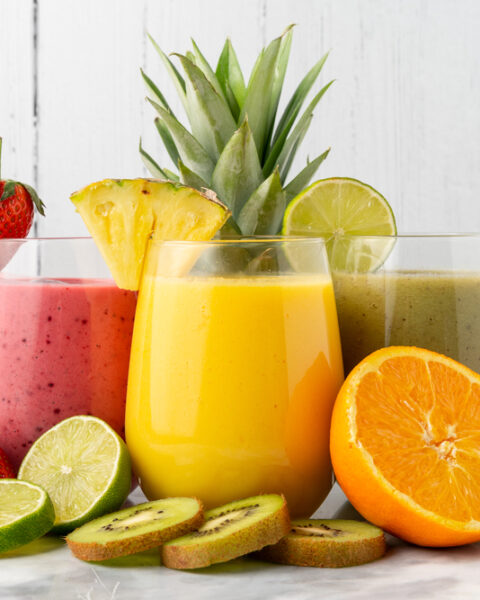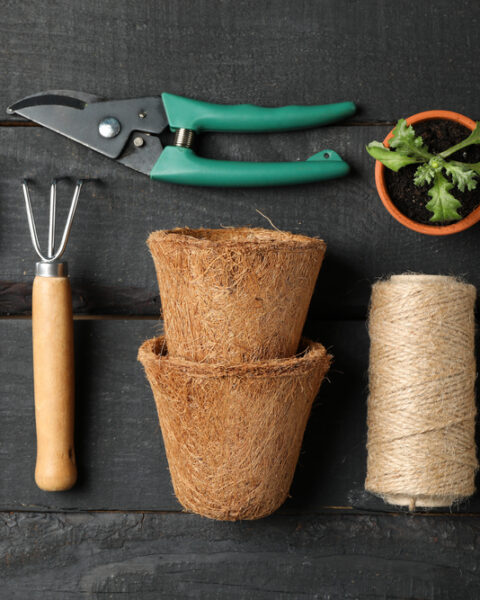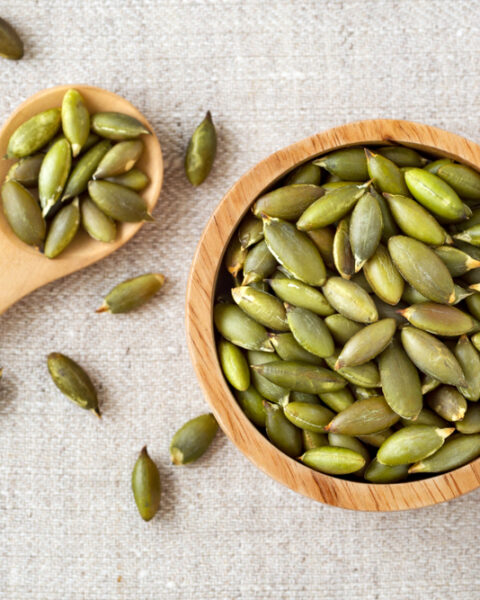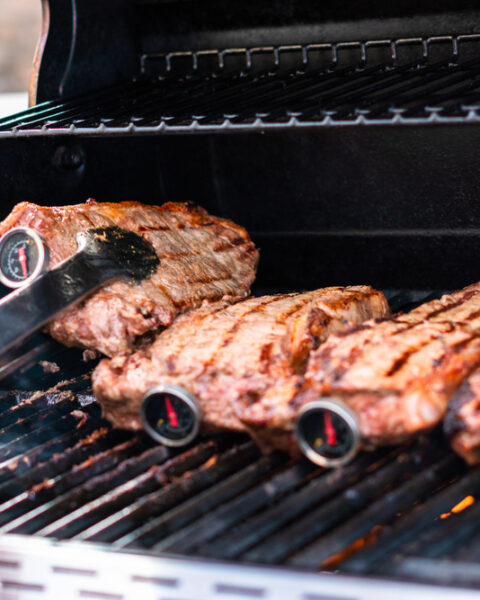Going keto means saying goodbye to a lot of high-carb foods that can throw you off track. It’s all about keeping your carb intake low and your fat intake high to stay in ketosis. But with so many foods out there, it can be tricky to know what to steer clear of. Don’t worry; I’ve got you covered with a detailed list of foods to avoid on the keto diet. This will help you make smart choices and stick to your keto goals.
Contents
- 1 Bread, Pasta, Rice, and Other Refined Carbs
- 2 Sugary Foods and Beverages
- 3 Beer and Mixed Drinks
- 4 Starchy Vegetables
- 5 Most Fruits
- 6 Legumes and Beans
- 7 Low-Fat Dairy Products
- 8 Certain Condiments and Sauces
- 9 Processed Foods
- 10 Sweetened Yogurts
- 11 High-Carb Snacks
- 12 Certain Grains and Cereals
- 13 Trans Fats
- 14 High-Carb Nuts and Seeds
- 15 Root Vegetables
- 16 More From RetailShout
- 17 10 Simple Tricks to Keep Dairy Products Fresh Longer
- 18 20 Best Trader Joe’s Products for a Perfect Cheese and Charcuterie Board
Bread, Pasta, Rice, and Other Refined Carbs
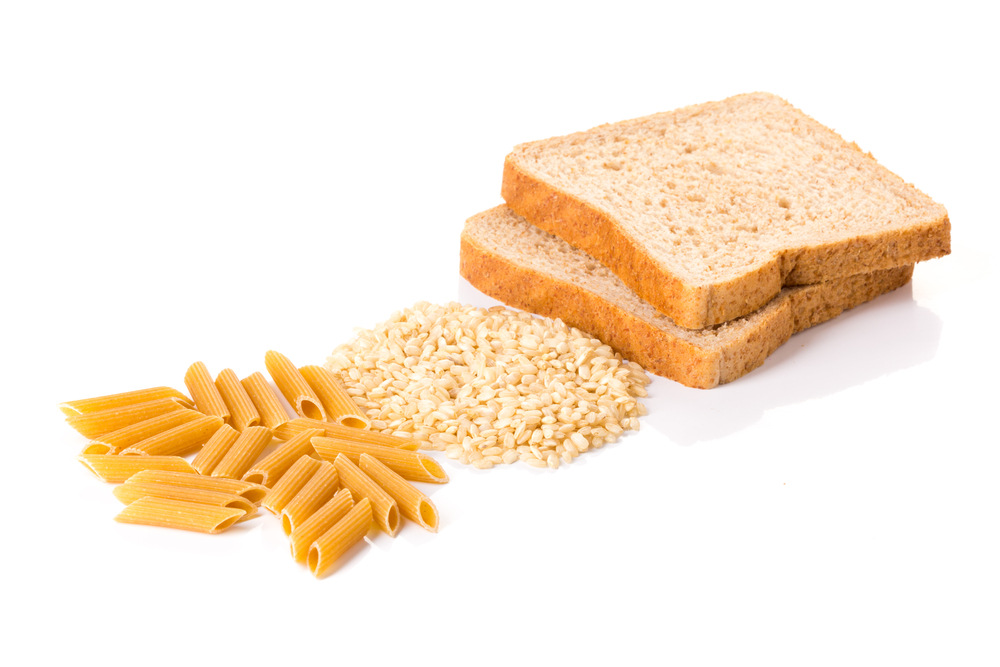
These foods are high in carbohydrates and can quickly raise blood sugar levels, which is counterproductive on a keto diet. Bread and pasta are staples in many diets, but their high carb content makes them unsuitable for keto. Rice, whether white or brown, is also packed with carbs. Consuming these refined carbs can prevent the body from entering ketosis. Instead, opt for low-carb alternatives like cauliflower rice or zucchini noodles. Remember, the goal is to minimize carb intake to maintain ketosis.
Sugary Foods and Beverages
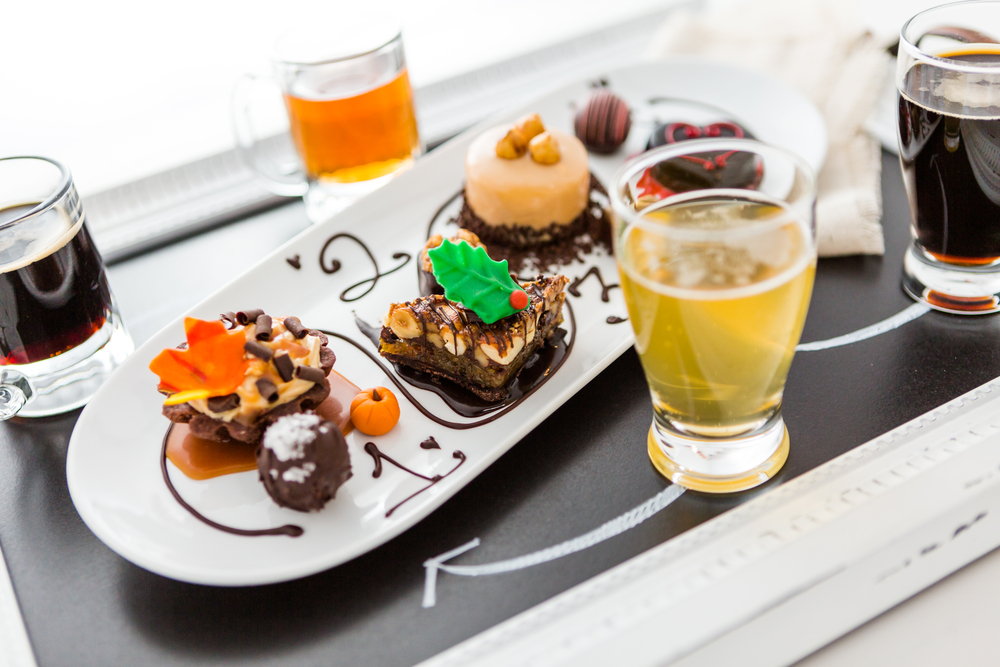
Sugary foods and drinks like soda, candy, and desserts are high in simple carbohydrates. These sugars are quickly digested and can spike insulin levels, disrupting ketosis. Even natural sweeteners like honey and maple syrup should be avoided on a strict keto diet. Sugar-rich foods offer little nutritional value and can lead to cravings and overeating. Instead, choose keto-friendly sweeteners like stevia or erythritol. Monitoring sugar intake is crucial to maintaining the metabolic state of ketosis.
Beer and Mixed Drinks

Alcoholic beverages, especially beer and mixed drinks, contain a significant amount of carbs. Beer is often referred to as “liquid bread” due to its high carb content. Mixed drinks can be even worse, as they often contain sugary mixers like soda or juice. Drinking these can quickly knock you out of ketosis. Opt for low-carb alcoholic options like dry wine or spirits mixed with soda water. Always consume alcohol in moderation and track your carb intake to stay within keto guidelines.
Starchy Vegetables
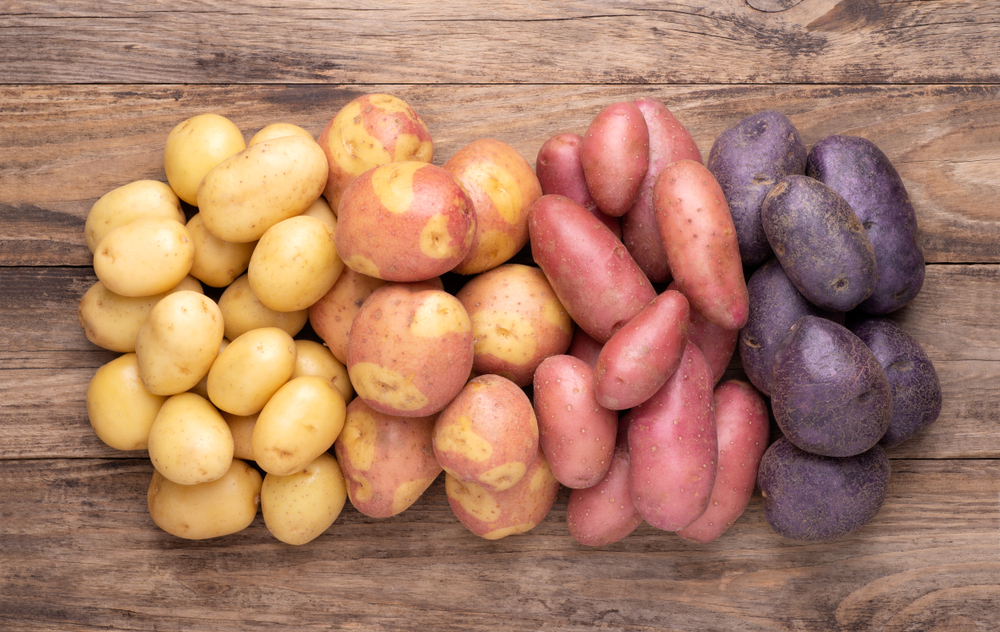
Starchy vegetables such as potatoes, corn, and peas are high in carbohydrates. These veggies can interfere with ketosis by providing more carbs than your body can process. Sweet potatoes, although nutrient-dense, are also high in carbs and should be limited. Instead, focus on non-starchy vegetables like leafy greens, broccoli, and cauliflower. These low-carb vegetables provide essential nutrients without the high carb load.
Most Fruits

Fruits are generally high in natural sugars and carbs, making them unsuitable for a keto diet. While they are nutritious, the high carb content can disrupt ketosis. Fruits like bananas, apples, and oranges are particularly high in carbs. Berries, such as strawberries and blueberries, can be consumed in small amounts due to their lower carb content. Always monitor portion sizes to keep carb intake within the keto limits.
Legumes and Beans
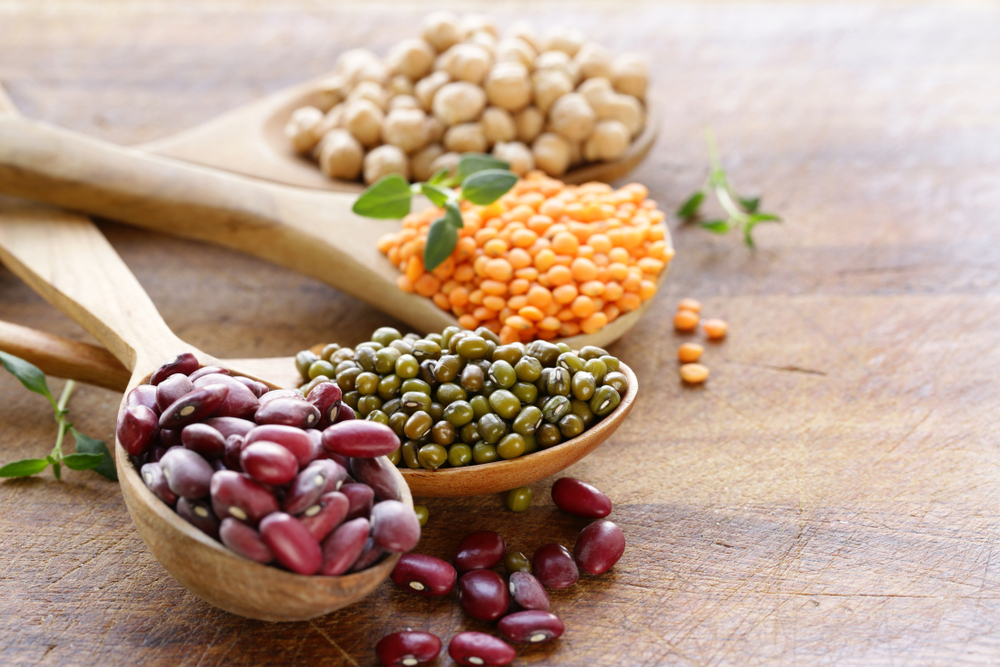
Legumes and beans are rich in fiber and protein but also high in carbohydrates. Foods like lentils, chickpeas, and black beans are commonly included in healthy diets but are not keto-friendly. These foods can increase your daily carb intake significantly. If you enjoy beans, consider using them sparingly and opt for lower-carb alternatives like green beans. Balancing your diet to maintain ketosis often means avoiding high-carb plant-based proteins.
Low-Fat Dairy Products
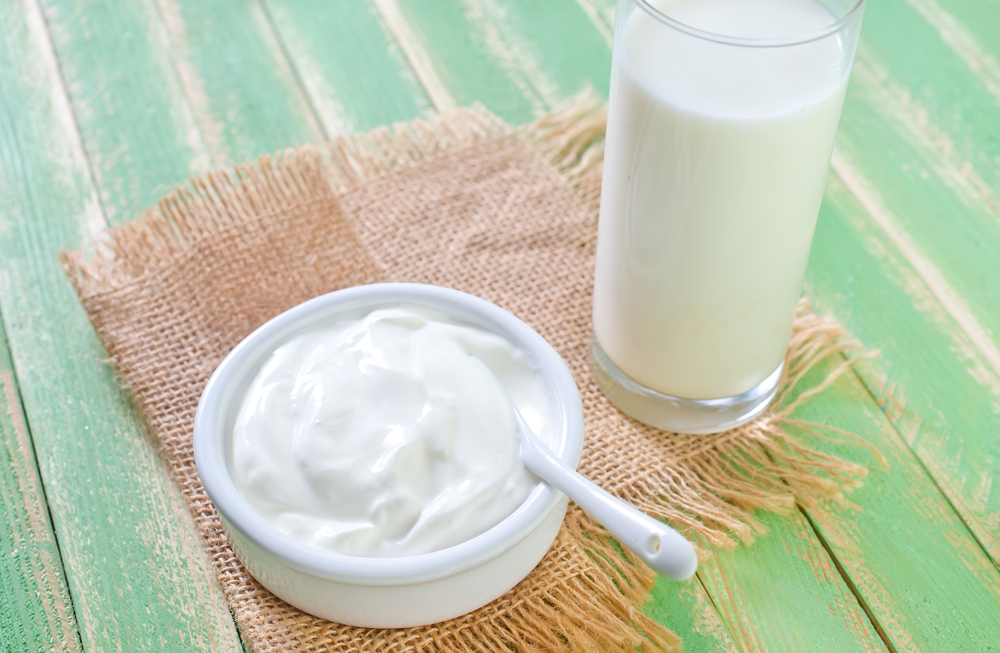
Low-fat dairy products often contain added sugars to improve taste, making them unsuitable for keto. Yogurts, milk, and some cheeses labeled as low-fat can have hidden carbs. Full-fat dairy products are preferable on keto as they provide the necessary fats without added sugars. Greek yogurt and cheese can be enjoyed in moderation. Always check nutrition labels to ensure you’re not consuming hidden carbs.
Certain Condiments and Sauces
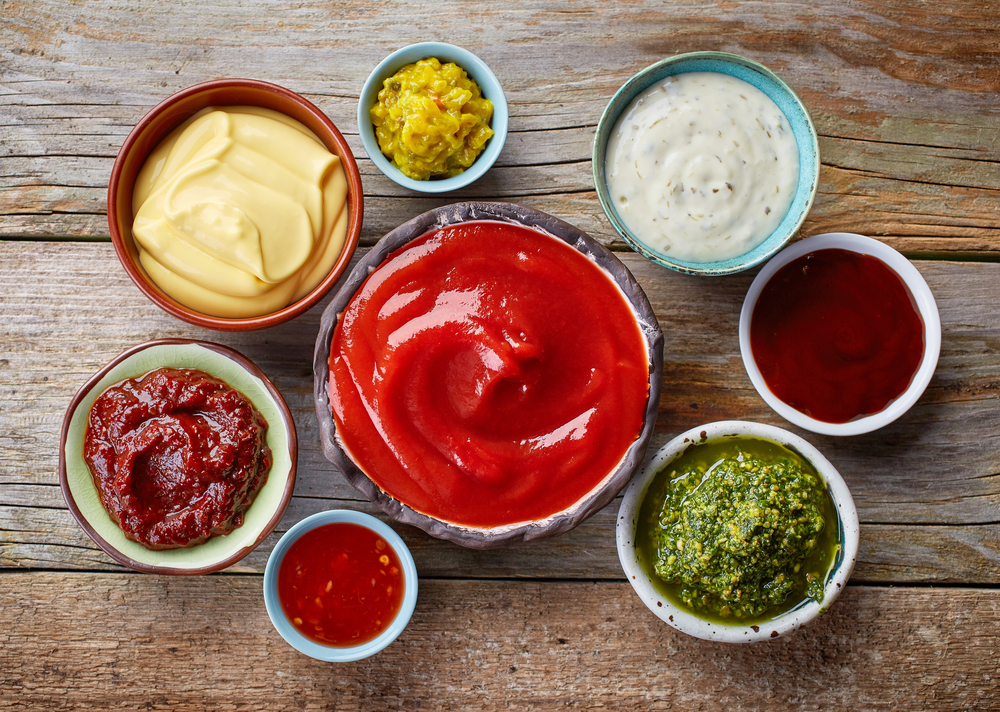
Many condiments and sauces, such as ketchup, barbecue sauce, and some salad dressings, contain added sugars and carbs. These can add up quickly and affect your carb count for the day. It’s important to read labels and opt for sugar-free or low-carb versions of your favorite condiments. Homemade sauces and dressings made with keto-friendly ingredients are also a good option. Monitoring these extras helps maintain your keto diet effectively.
Processed Foods
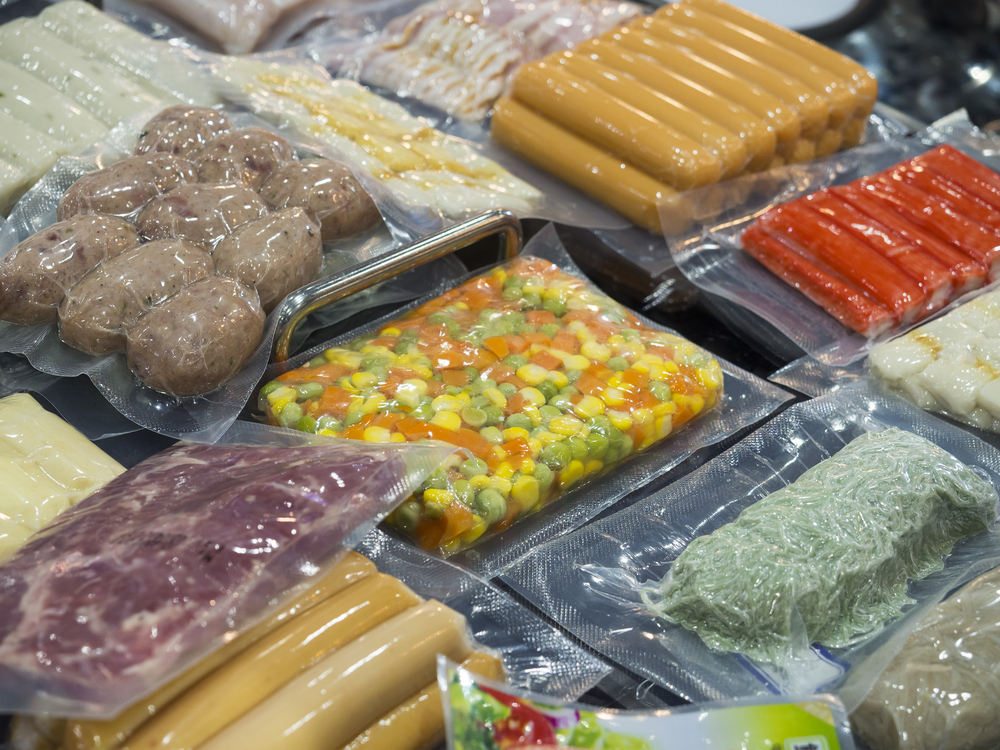
Processed foods are often high in carbs, unhealthy fats, and additives. Foods like chips, crackers, and pre-packaged snacks are typically carb-heavy and lack nutritional value. These foods can quickly derail your keto progress. Focus on whole, unprocessed foods like meats, vegetables, and nuts. Preparing meals from scratch allows better control over carb intake and ensures adherence to keto guidelines.
Sweetened Yogurts
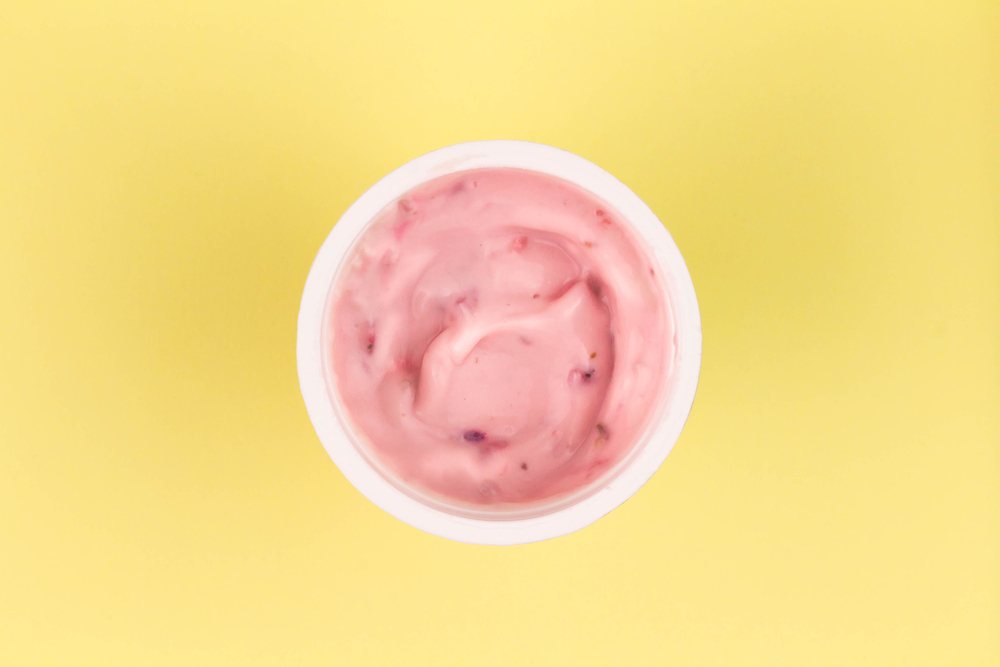
Yogurts that are sweetened or flavored typically contain added sugars, making them high in carbs. These can include fruit-flavored yogurts, dessert-style yogurts, and even some “light” versions. On a keto diet, it’s better to choose plain, full-fat yogurt. You can add a few berries or a small amount of a keto-friendly sweetener to enhance the flavor. This approach helps keep your carb intake low while enjoying yogurt.
High-Carb Snacks
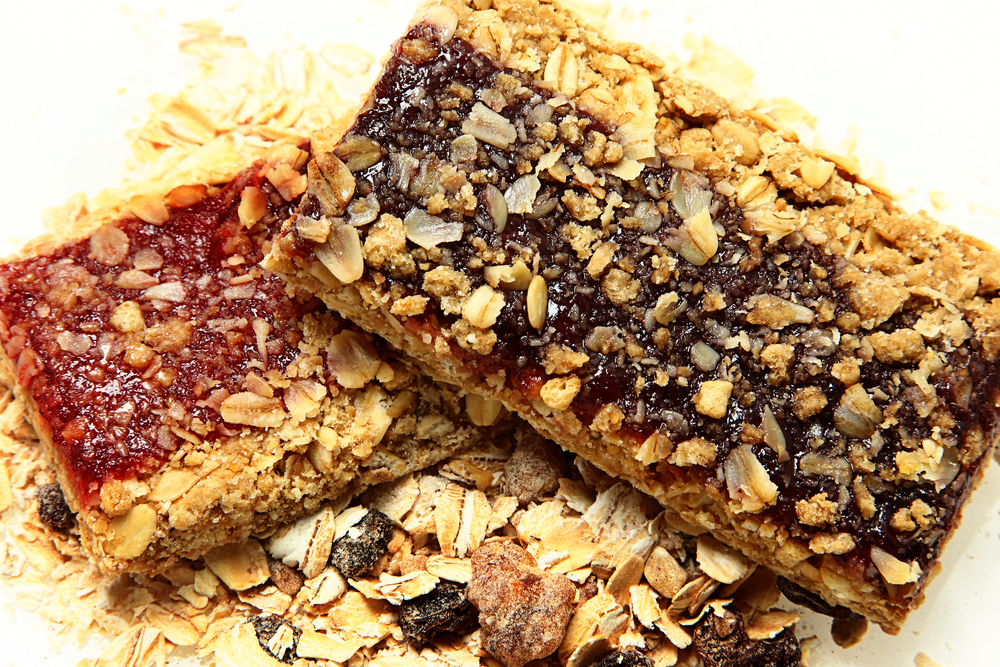
High-carb snacks like pretzels, granola bars, and popcorn are not suitable for a keto diet. These snacks can quickly add to your daily carb limit and prevent ketosis. Instead, opt for low-carb snacks such as nuts, seeds, and cheese. Preparing keto-friendly snacks in advance can help you avoid the temptation of high-carb options. Maintaining low-carb snacking habits is crucial for sustaining ketosis.
Certain Grains and Cereals
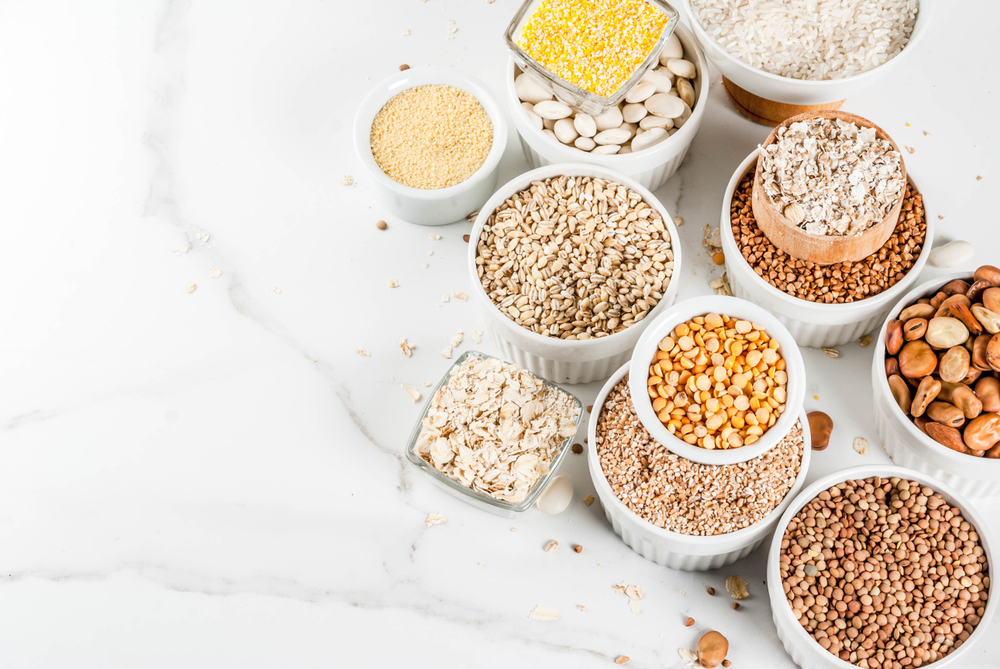
Grains like wheat, oats, and barley are high in carbohydrates and should be avoided on keto. Breakfast cereals, even those labeled as healthy or whole grain, can be particularly high in carbs. Instead, consider keto-friendly breakfast options like eggs, avocado, and meats. Eliminating grains from your diet is key to keeping carb intake low and maintaining ketosis.
Trans Fats
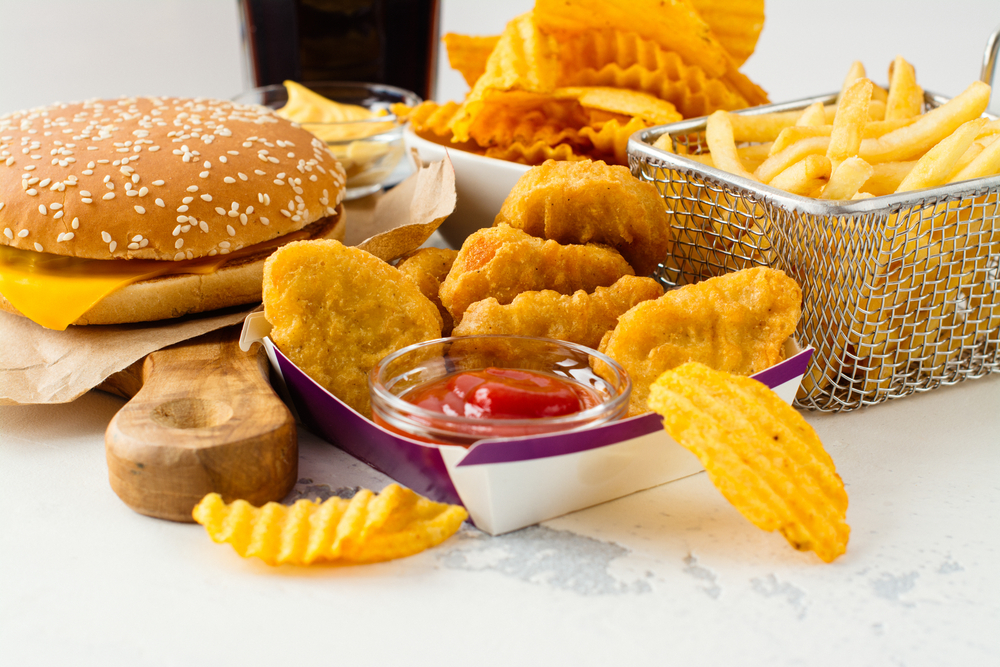
Trans fats, often found in margarine, shortening, and some processed foods, are unhealthy fats that should be avoided on any diet. On keto, these fats are particularly problematic as they can contribute to inflammation and other health issues. Instead, focus on healthy fats such as those found in olive oil, avocados, and nuts. Reading labels and avoiding hydrogenated oils is essential for a healthy keto diet.
High-Carb Nuts and Seeds
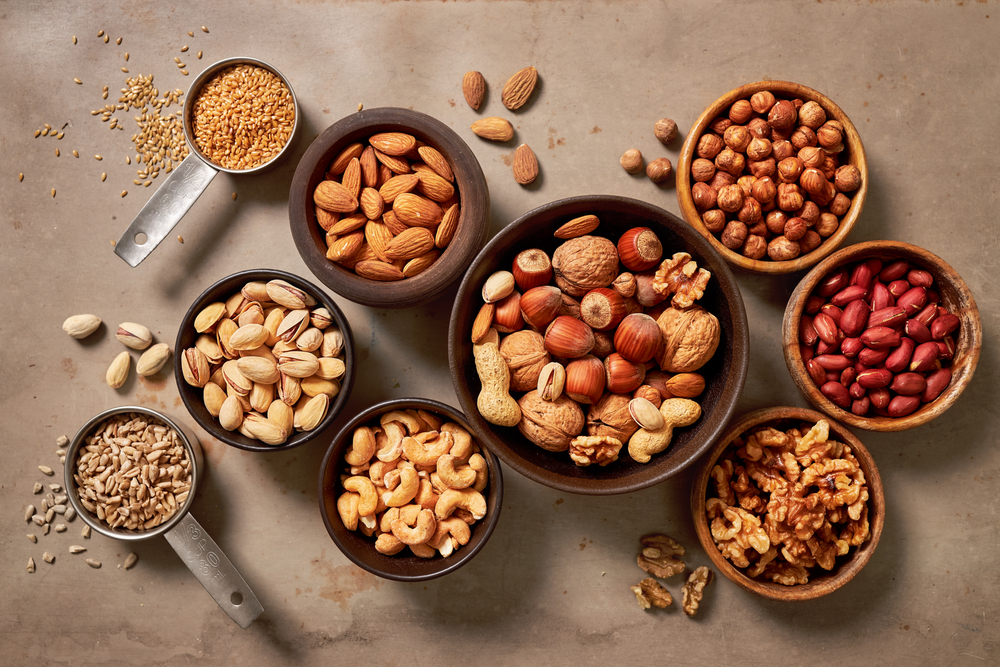
Some nuts and seeds, like cashews and sunflower seeds, are higher in carbs and can add up quickly. While nuts and seeds are generally a good source of fats and protein, it’s important to choose those with lower carb content. Almonds, walnuts, and chia seeds are better options for keto. Always measure your portions to ensure you’re not exceeding your carb limit.
Root Vegetables
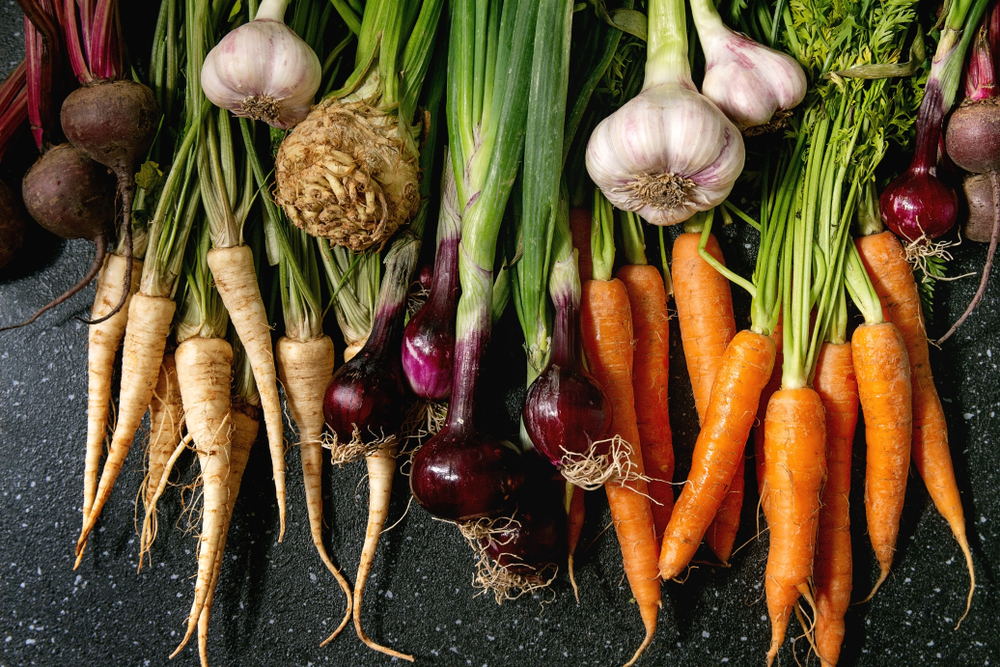
Root vegetables like carrots, beets, and parsnips are higher in carbs compared to other vegetables. These can quickly add up and disrupt ketosis. While they are nutritious, their carb content makes them less ideal for a strict keto diet. Opt for above-ground vegetables like leafy greens and cruciferous vegetables. These choices help keep your carb intake low while providing essential nutrients.
This article originally appeared on RetailShout.
More From RetailShout
15 Foods You Should Skip for Better Joint Health
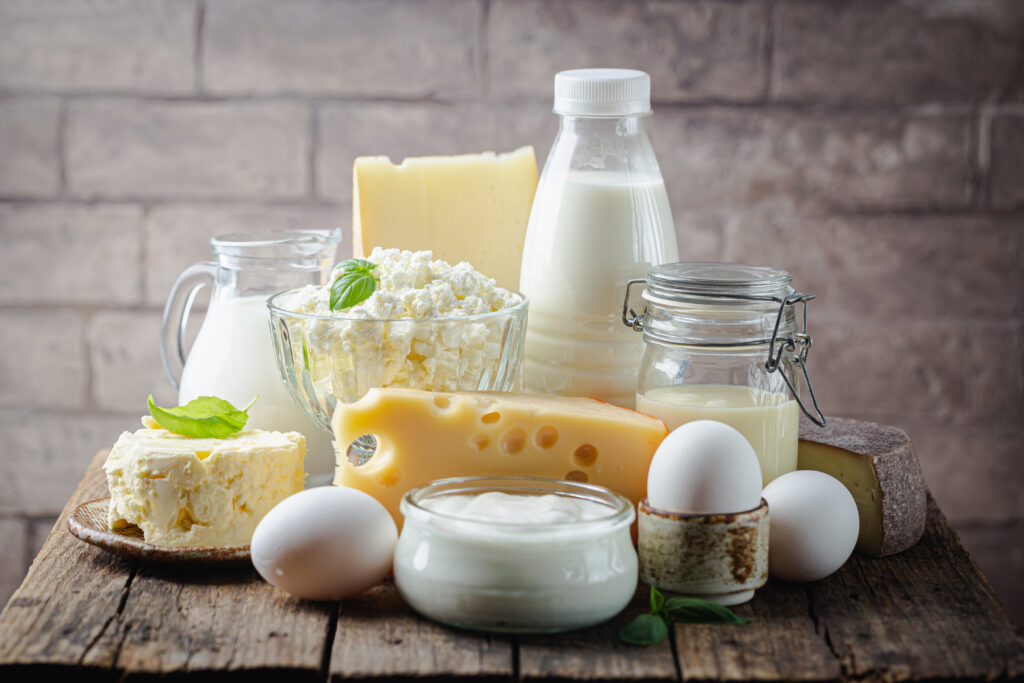
Taking care of your joints is crucial for maintaining mobility and reducing discomfort. Surprisingly, what you eat plays a significant role in joint health. Certain foods can exacerbate inflammation and worsen joint pain, making it essential to be mindful of your diet. Read More.
10 Simple Tricks to Keep Dairy Products Fresh Longer
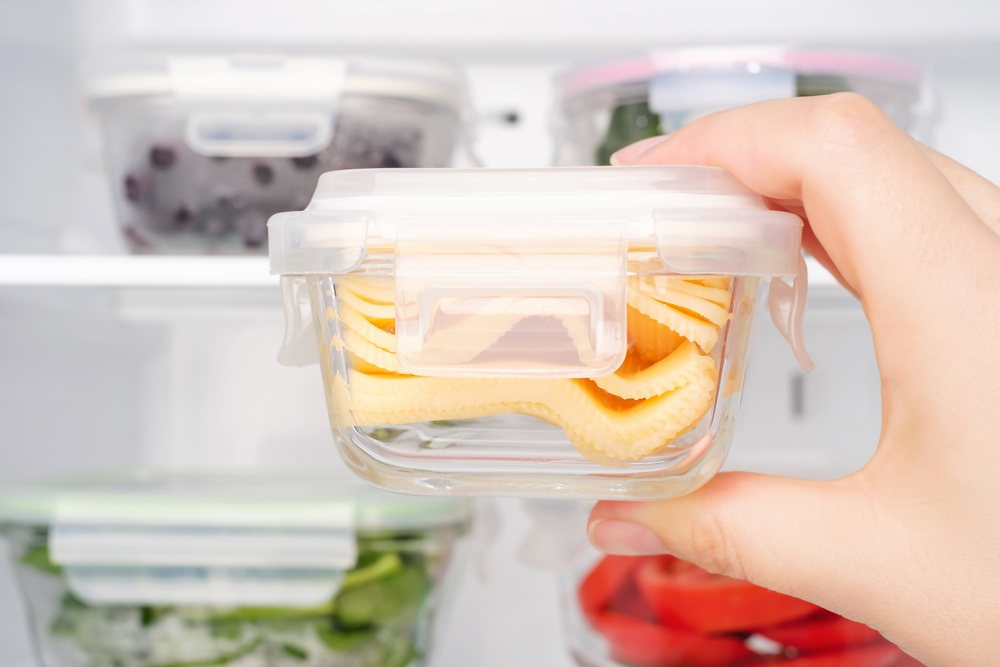
Keeping your dairy products fresh for longer can save you money and reduce waste. We’ve all experienced the disappointment of discovering spoiled milk or moldy cheese in the fridge. Luckily, there are simple tricks to extend the shelf life of your favorite dairy items. Read More.
20 Best Trader Joe’s Products for a Perfect Cheese and Charcuterie Board

When it comes to building a charcuterie board, the right selection of cheeses can make all the difference. Trader Joe’s is known for its high-quality, unique cheeses that bring variety and flavor to any gathering. Whether you’re looking for something rich and creamy or bold and spicy, this list highlights the best options to make your cheese board shine. Read More.

